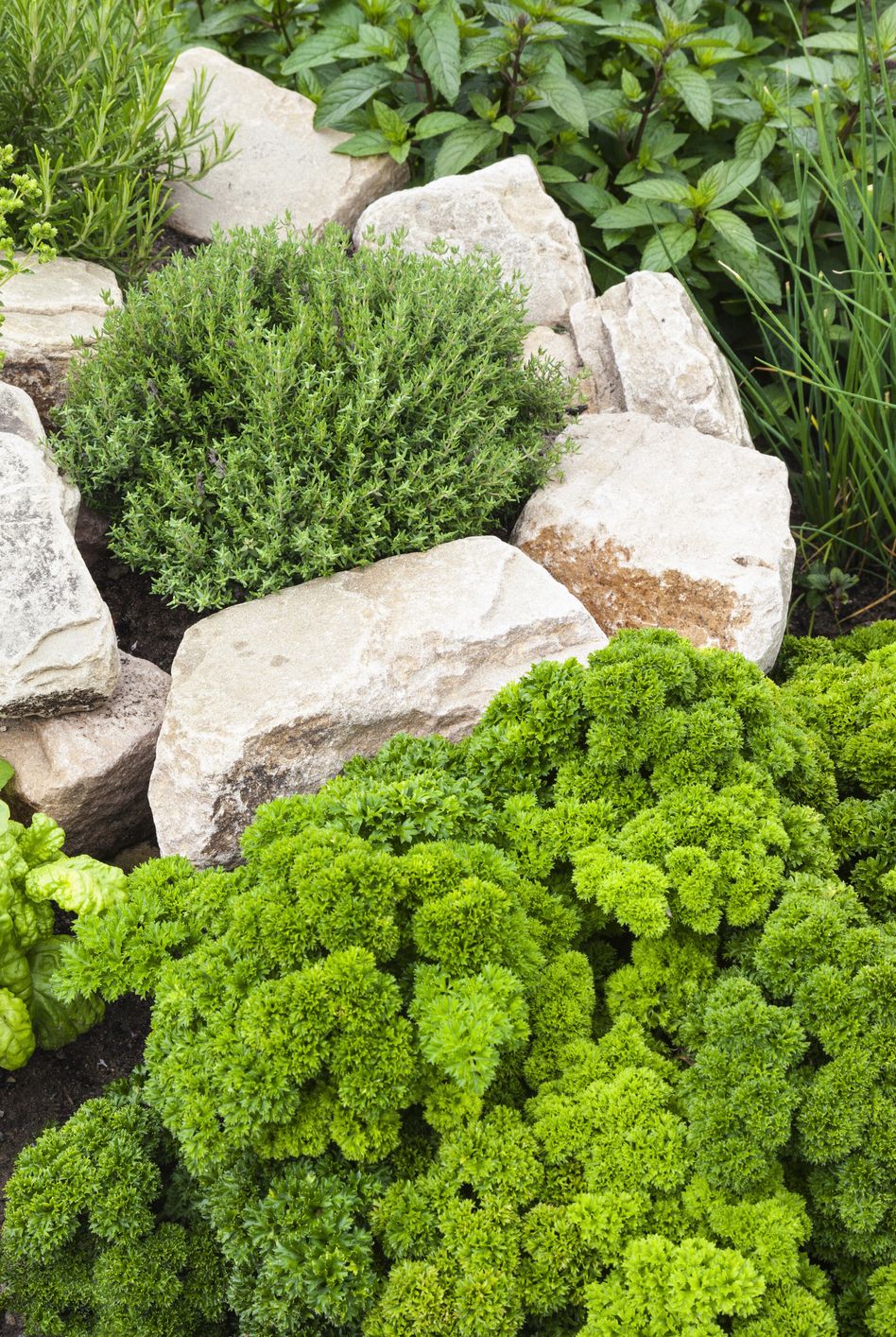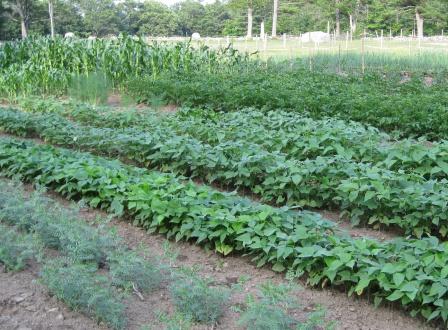Nourishing Your Peppers to Excellence: Unwinding the Tricks Behind the Finest Fertilizers for Optimum Crop Health
In this article, we'll uncover the tricks behind the finest fertilizers to attain optimum crop health. From understanding the significance of soil nutrients to understanding the application strategies, we'll assist you every action of the means. Whether you favor synthetic or organic plant foods, we have actually obtained you covered.
Significance of Dirt Nutrients

One of the most important soil nutrients is nitrogen. Without sufficient nitrogen, plants will certainly have yellowing fallen leaves and lowered general vitality.
Phosphorus is one more crucial nutrient for plant development. It plays a crucial role in power transfer and is necessary for the growth of solid origins and blossoms. Phosphorus shortage can bring about bad root growth and decreased flowering, eventually impacting crop return.
Potassium is crucial for managing water uptake and boosting plant resistance to diseases and pests. It also adds to the general top quality and preference of the plants. An absence of potassium can cause weak stems, poor fruit development, and enhanced vulnerability to conditions.
In enhancement to these primary nutrients, plants additionally require secondary nutrients like calcium, magnesium, and sulfur, as well as trace elements like iron, manganese, and zinc. Each nutrient has a particular function in plant growth and development, and a shortage in any one of them can have harmful effects on crop health.
Comprehending NPK Ratios

The NPK proportion is a representation of the percentage of these three nutrients in a plant food. A plant food with an NPK ratio of 10-10-10 contains equivalent amounts of phosphorus, nitrogen, and potassium. Since different plants have various nutrient requirements, recognizing these proportions is important. For peppers, a well balanced NPK proportion like 10-10-10 or 14-14-14 is normally advised.
However, it is essential to note that the precise NPK proportion required might vary depending upon variables such as soil kind, environment, and certain plant requirements. Conducting a soil examination can aid determine the nutrient shortages or extras in your soil and guide you in choosing the ideal plant food with the ideal NPK proportion.
Organic Vs. Synthetic Fertilizers
When it comes to nourishing your peppers for optimum plant health,You regularly encounter the debate in between organic and synthetic fertilizers. Organic plant foods are stemmed from all-natural sources such as bone, garden compost, and manure dish. They provide nutrients in a slow-release type, enabling your plants to absorb them gradually over time. Organic plant foods additionally improve soil framework and fertility, advertising useful microbial activity. In addition, they are eco pleasant and do not consist of dangerous chemicals that can leach right into groundwater or injury useful insects and wildlife.
On the other hand, artificial plant foods are produced chemically and give nutrients in a readily offered form. They are developed to deliver nutrients promptly, which can be useful in certain situations, such as fixing severe nutrient shortages. Artificial plant foods can also lead to nutrition discrepancies and soil degradation if utilized exceedingly or poorly. They might likewise add to water air pollution if not made use of properly.
Organic fertilizers supply long-lasting soil wellness advantages and are extra sustainable in the lengthy run, yet they might not give immediate results. Artificial plant foods, on the various other hand, can deliver quick nutrients however may have unfavorable ecological influences.
Best Fertilizer Application Methods
Continuing the discussion on artificial and organic plant foods, allow's explore the most reliable strategies for using fertilizers to your peppers. Proper plant food application is essential for maximizing plant health and wellness and yield.
For granular fertilizers, relayed them equally over why not look here the soil surface. After spreading, lightly rake the fertilizer into the leading layer of soil to stop overflow and increase absorption.
Fluid plant foods can be applied with foliar splashing or through the irrigation system. Foliar splashing involves splashing the fertilizer straight onto the leaves. This approach permits for quick nutrient absorption and is ideal for correcting nutrition shortages. When utilizing the watering system, weaken the liquid fertilizer according to the supplier's guidelines and apply it evenly to the dirt.
Keep in mind to adhere to the suggested application rates to avoid over-fertilization, which can harm your peppers. Normal monitoring and adjusting of plant food application is essential throughout the expanding season. By using plant foods properly, you can provide your peppers with the necessary nutrients they require for healthy development and plentiful harvest.
Supplementing With Trace Elements
To ensure optimal crop health and return, it is essential to supplement your peppers with important trace elements. Micronutrients are vital for the general growth and growth of your plants, as they play an essential duty in numerous physical processes. These nutrients are called for in small quantities, yet their lack can drastically affect the health and performance of your pepper plants.
One of one of the most important micronutrients for peppers is iron. Iron is vital for chlorophyll synthesis, which is accountable for the environment-friendly color in plants. Without sufficient iron, your pepper plants may develop yellow leaves, stunted development, and reduced fruit production. You can supply your peppers with iron via foliar sprays or soil applications of iron chelates, which are conveniently available in garden centers.
An additional trace element that plays an essential function in pepper growth is zinc. Zinc is associated with enzyme activities and is essential for overall plant health and development. A deficiency in zinc can result in reduced shoot and origin growth, as well as poor blooming and fruit collection. You can give your peppers with zinc via using zinc sulfate or zinc chelates, either as a foliar spray or soil application.
In addition to iron and zinc, various other vital micronutrients for peppers include manganese, molybdenum, copper, and boron. These trace elements are associated with numerous metabolic processes and are essential for optimum pepper growth and efficiency. best fertilizers for peppers. It is important to on a regular basis keep track of the nutrient degrees in your dirt and plants, and make adjustments as essential to ensure your peppers obtain the essential trace elements for healthy development and bountiful returns
Conclusion
In final thought, choosing the ideal plant food and applying it correctly is crucial for the wellness and performance of your pepper crops. Recognizing the relevance of dirt nutrients, NPK ratios, and the index differences in between synthetic and natural plant foods is vital. Additionally, supplementing with micronutrients can further enhance your peppers' development and yield. By nurturing your peppers to excellence, you can make sure an abundant harvest and appreciate tasty, healthy peppers all period long.
On the other hand, artificial plant foods are made chemically and supply nutrients in an easily offered type. Synthetic fertilizers can likewise lead to vitamins and mineral imbalances and dirt deterioration if used exceedingly or incorrectly.Proceeding the discussion on organic and artificial fertilizers, let's linked here discover the most efficient methods for applying fertilizers to your peppers. By using plant foods properly, you can provide your peppers with the vital nutrients they require for healthy development and plentiful harvest.
Understanding the importance of dirt nutrients, NPK proportions, and the distinctions in between synthetic and natural fertilizers is crucial.